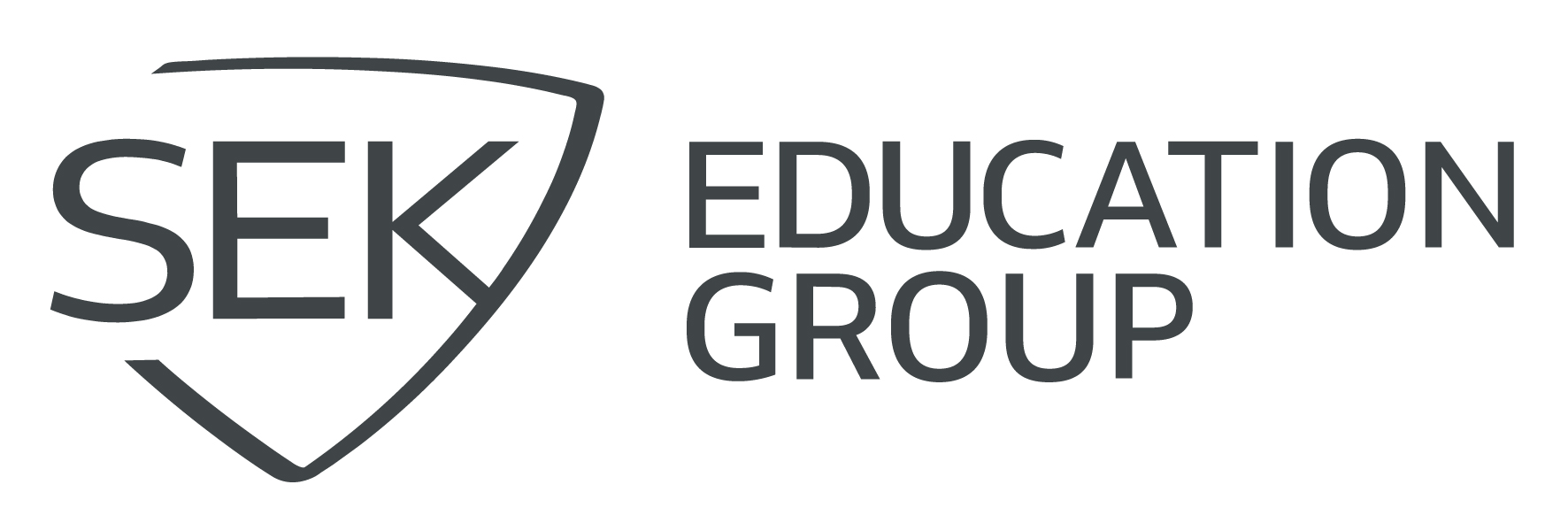



SEK Education Group

Madrid, Spain
April 2020
General secondary education
Service with Significant Environmental Footprint
France,
Ireland,
Qatar,
Saudi Arabia,
Spain
SEK Education Group encompasses an educational community that fosters the development of skills that guarantee relevant, global, international and meaningful learning. The goal of this learning is to attain the full, all-round realisation of each of our students’ potential to tackle the challenges set by the 21st century. Founded in 1892, SEK Education Group brings together leadership, teaching innovation and over 130 years of tradition and history. SEK International Schools cater to over 7000 students between the ages of 4 months to 18 years old from over 80 nationalities at their schools in Madrid, Barcelona, Almería, Pontevedra, Dublin (Ireland), the Alps (France), Doha (Qatar), Riyadh (Saudi Arabia) and SEK International School Online. Camilo José Cela University (UCJC) is a private, plural, supportive, independent and in person university founded in 2000 as part of SEK Education Group. Its recent organisational transformation, new humanistic academic model and international and bilingual influence rest on three core pillars: interdisciplinary know-how, a strong teaching vocation and a clear vocation for applied research.
Overall B Impact Score
Governance 12.9
Governance evaluates a company's overall mission, engagement around its social/environmental impact, ethics, and transparency. This section also evaluates the ability of a company to protect their mission and formally consider stakeholders in decision making through their corporate structure (e.g. benefit corporation) or corporate governing documents.
Governance 12.9
Governance evaluates a company's overall mission, engagement around its social/environmental impact, ethics, and transparency. This section also evaluates the ability of a company to protect their mission and formally consider stakeholders in decision making through their corporate structure (e.g. benefit corporation) or corporate governing documents.
Workers 18.0
Workers evaluates a company’s contributions to its employees’ financial security, health & safety, wellness, career development, and engagement & satisfaction. In addition, this section recognizes business models designed to benefit workers, such as companies that are at least 40% owned by non-executive employees and those that have workforce development programs to support individuals with barriers to employment.
Community 12.2
Community evaluates a company’s engagement with and impact on the communities in which it operates, hires from, and sources from. Topics include diversity, equity & inclusion, economic impact, civic engagement, charitable giving, and supply chain management. In addition, this section recognizes business models that are designed to address specific community-oriented problems, such as poverty alleviation through fair trade sourcing or distribution via microenterprises, producer cooperative models, locally focused economic development, and formal charitable giving commitments.
Environment 15.7
Environment evaluates a company’s overall environmental management practices as well as its impact on the air, climate, water, land, and biodiversity. This includes the direct impact of a company’s operations and, when applicable its supply chain and distribution channels. This section also recognizes companies with environmentally innovative production processes and those that sell products or services that have a positive environmental impact. Some examples might include products and services that create renewable energy, reduce consumption or waste, conserve land or wildlife, provide less toxic alternatives to the market, or educate people about environmental problems.
Customers 23.2
Customers evaluates a company’s stewardship of its customers through the quality of its products and services, ethical marketing, data privacy and security, and feedback channels. In addition, this section recognizes products or services that are designed to address a particular social problem for or through its customers, such as health or educational products, arts & media products, serving underserved customers/clients, and services that improve the social impact of other businesses or organizations.